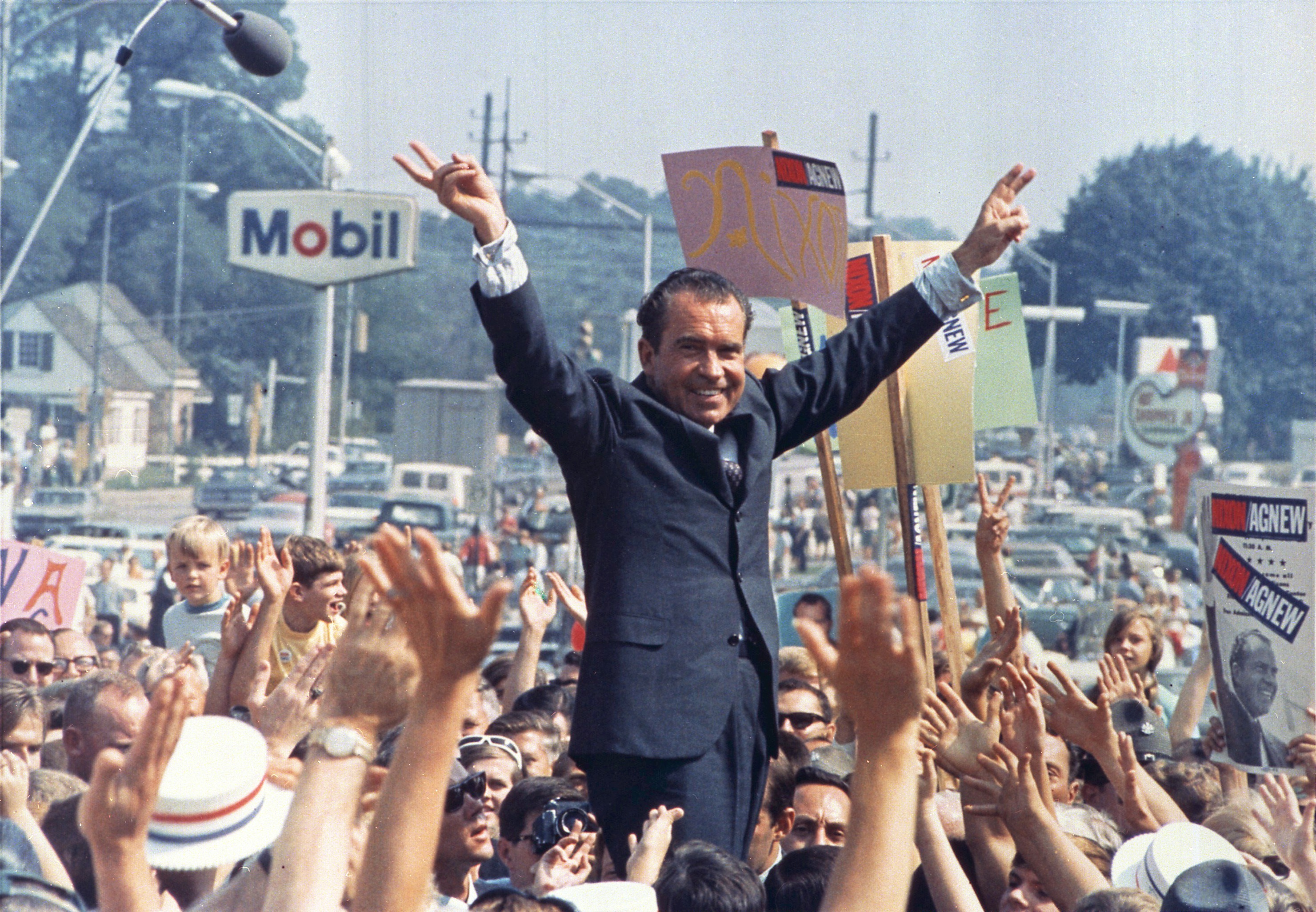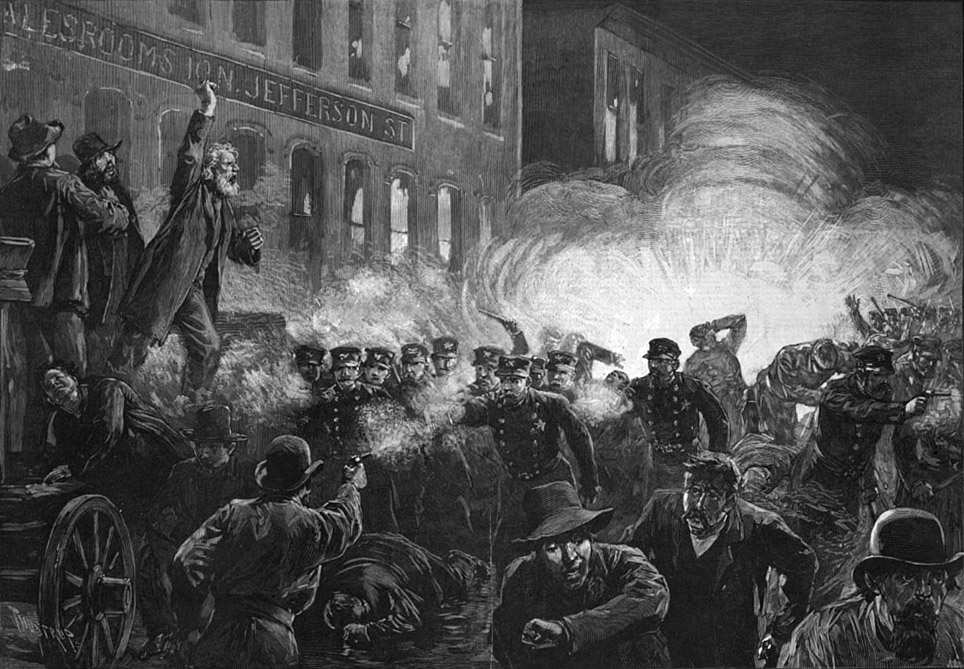10. The Beatles, "The Ballad of John and Yoko"
What a perfect song to start with. It was basically recorded with just Paul and John, in one of the last times that they had an amicable recording session. In August of 1969 the Beatles were all but broken up, but other people didn't know that. This song couldn't be further from either their teenybopper beginnings or their flower power image circa Sgt Pepper. The great drums and bass show off Paul's growth as a musician, and John's lyrics are directly autobiographical. The whole thing flips the critics of John and Yoko's activism the bird, especially the lines "The ways things are going/ They're going to crucify me." Two years after getting attacked for his "we're bigger than Jesus" quip, he playfully reminds the listener of it. I love this song less for its musical qualities and more for knowing that when I hear it I am hearing two old friends who've had their conflicts getting together for a bit of fun.
9. Andy Kim, "Baby I Love You"
I never knew Andy Kim had a big hit apart from the wonderful "Rock Me Gently." The yearning and rising, swelling progress of the song here appear to be a way to jump on the trail blazed by Neil Diamond. Not a bad song, but probably the weakest in this top ten.
8. The Rolling Stones, "Honky Tonk Women"
This song was climbing the charts at this point, soon it would spend several weeks at number one. There's no mystery as to why. It is supremely funky, ass shaking music from a time when rock bands could still swing. The local hits station in my hometown was still throwing it onto the air in the 80s and early 90s, and why not? The "she blew my nose and then she blew my mind" must be one of the dirtiest lines to sneak its way into the top of the charts. Also without a doubt Charlie's finest moment on the drums.
7. Neil Diamond, "Sweet Caroline"
I have an appreciation for Neil Diamond, who could write good pop songs and sing them with gusto. Before he got completely glitzed out later in his career, his sixties persona was of the "solitary man" of the title of one of his early hits. We all know the song for the stirring chorus, which is probably why the Red Sox play it at their games. However, I love the way he starts with such quiet emotion in his voice, lowly intoning "Where it began/ I can't begin to knowin'." That lonesome start makes the ecstatic chorus that much more exciting.
6. Kenny Rogers and the First Edition, "Ruby Don't Take Your Love To Town"
Before he cut some of the best countrypolitan sides of the late 70s and early 80s and starred in The Gambler TV movies, Kenny Rogers was known as the lead singer for the folk-rock band The First Edition. This song is incredibly dark, and its high place on the charts reflects how mainstream opposition to the war in Vietnam had become. Rogers sings from the point of view of a vet who lost his legs in Vietnam whose wife is going to go cheat on him. He then threatens to kill her if she does so, and reminds her "it wasn't me who started this crazy Asian war." This is not exactly normal fodder for a hit song, but it's a good one. Rogers uses his patented low croon to convey the hurt and despair of the song's narrator so well, but without descending into cheese.
5. Jr Walker and the All Stars, "What Does It Take (To Win Your Love)"
1966's "Shotgun" by Junior Walker is maybe the hottest, most intense track Motown ever cut. This song is much more laid back, Walker's saxophone going from rocking blaring to smooth texture. This song is a million miles from the gut bucket sound he used to have, and sound like a precursor of the smooth soul put out by Philadelphia International in the decade to come. More than any of the other songs on the countdown it sounds like the 70s, instead of the 60s.
4. Stevie Wonder "My Cherie Amour"
Now this right here is just one of the sweetest pop soul ballads ever recorded. I will sing along with gusto when I hear it on the radio, since it is right within my rather limited vocal range. Wonder is the perfect person to sing this song of an unrequited crush, since he makes it yearning and not creepy. It's one of his many great songs in the traditional Motown pocket symphony mode he made before he went on his amazing run in the 70s of groundbreaking, personal albums. While that stuff is what he's known for, I always will have a place for the pop hits he churned out in this period.
3. Blood, Sweat, and Tears "Spinning Wheel"
In 1969 rock bands were still getting inspiration from soul music (as well they should have been.) Blood, Sweat, and Tears had a strange combination of jazz, soul, rock, and even a little dash of prog that was very much of its time. Horn sections were really a thing for poppy rock in this era, also including The Ides of March's "Vehicle" and the first hits by Chicago. It's a sound that I don't seek out, but I do enjoy hearing it from time to time.
2. Tommy James and the Shondells "Crystal Blue Persuasion"
Tommy James put out a lot of great pop songs with bubblegum hooks, but it was long lasting Bazooka Joe bubblegum, not that cheap crap. (If you want to chew on that, listen to "Sugar Sugar" by the Archies.) The wind-chimey hippie vibes in this song definitely reflect the time when the counterculture started cascading into the mainstream.
1. Zager & Evans "In The Year 2525"
Believe it or not, this was the song of the summer in 1969, sitting at number one for six straight weeks. It coincided with the moon landing, which might explain how a song with such a futuristic theme gained such popularity in that moment. Zager & Evans are quintessential one hit wonders, hailing from my home state of Nebraska. Their tale of humanity's possible extinction is a rather dystopian one in the midst of the moon landing's technological innovations, but perhaps it reflected some ambivalence about the changes sweeping the globe. That theme is hardly alien to today, but the modern day charts don't have any room for topical music, even topical songs as cheesy and apolitical as this one.
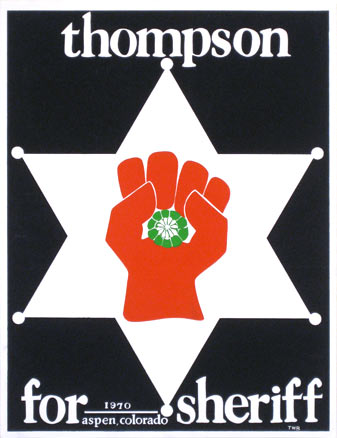
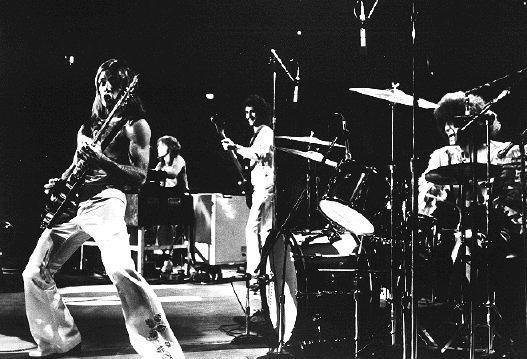
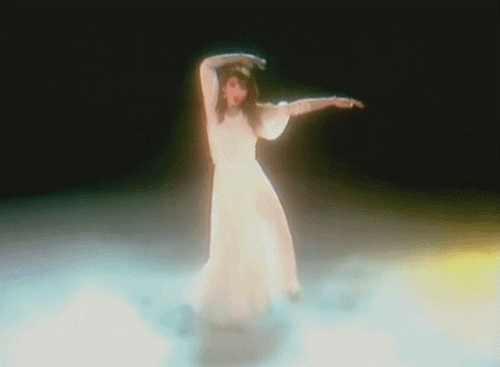
:format(jpeg):mode_rgb():quality(40)/discogs-images/R-2590023-1444585024-9192.jpeg.jpg)
